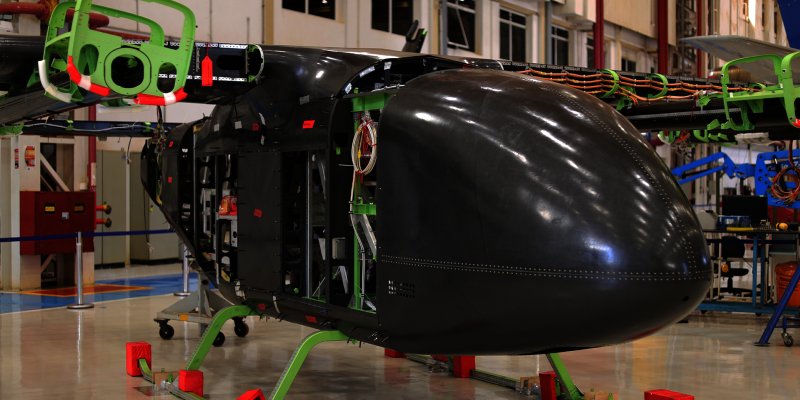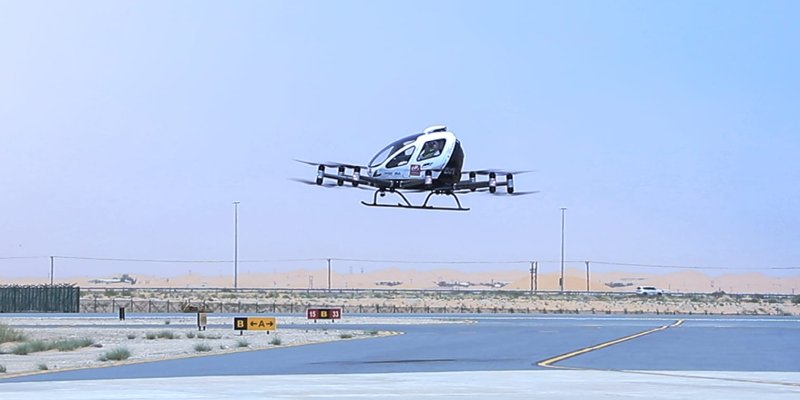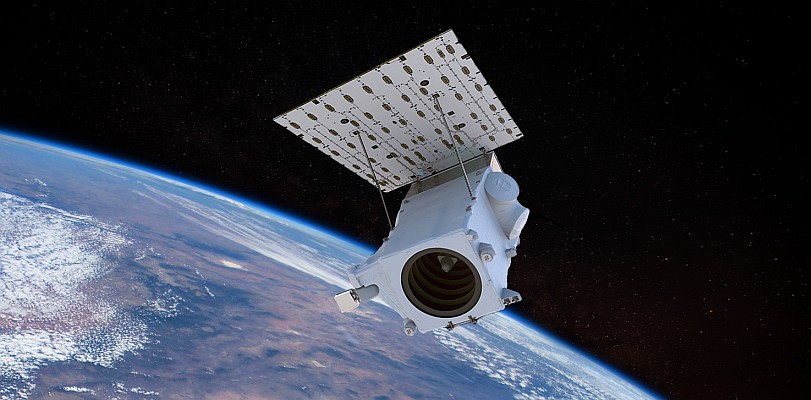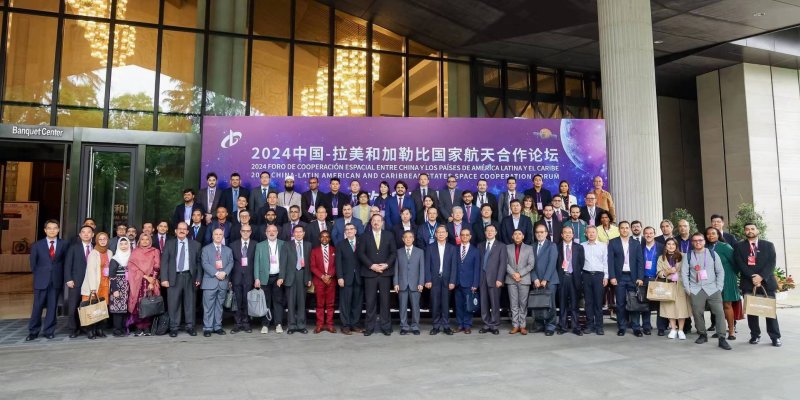On 27th – 28th March 2007, the GALILEO Information Centre for Latin America (GICLA), hosted by CRECTEALC/Campus Brazil in Sao Jose dos Campos, organized the first Galileo Information Days. The event was held in the frame of the Galileo cooperation activities that the European Union initiated a year ago under the supervision of the new European GNSS Supervisory Authority (GSA).
The GIC was created for the benefit of cooperation with all Latin American countries, as Jacques Barrot, the Vice-President of the European Commission in charge of transport stated on the occasion of its inauguration by the end of 2005: “The last EU-Latin America summit put satellite navigation on our common agenda. I see a huge potential for our cooperation on Galileo. The information centre will help, in a very practical way to foster our scientific and industrial relation in this promising field”
Since its opening, the GIC is being the focal point for the promotion of GALILEO services and applications in the region, supported by the regular news and information distributed through its virtual centre (http://www.galileoic.org) as well as the organization of successful events like those Galileo Information Days.
The Galileo Information Days, supervised by the GSA and represented by Dr. Daniel Ludwig, were attended by more than 70 participants, establishing an unique platform to gather important stakeholders from the region to present their own GNSS strategy plans, and get updated information on the Galileo Programme evolution as well as the main outcomes from the different cooperation activities organised in the region in the frame of Galileo.
First day presented an overview of the LATINO activity, in charge of the GIC, and the current status on the Galileo Programme together with a review of GNSS implementation plans from different Latin American. During the second day, the results from the market analysis developed by CELESTE activity were presented, as well as the FLARE infrastructure to be implemented in the region for future demonstrations on augmentation systems capabilities.
Background
The GSA is the new Community Agency in charge of the management the public interest, to be the regulatory authority the European GNSS Programme, Galileo. The GSA is also in charge to control the use of funds and manage the related R&D activities. In particular, in Latin America Region, GSA funds and manages LATINO, CELESTE and FLARE projects.
The LATINO Consortium, leaded by the Spanish company Pildo Labs, manages the Galileo Information Centre. The LATINO Consortium’s main mission is to implement information related to GALILEO through activities such as organization of events, training courses and the development of the virtual Galileo Information Centre also devotes to disseminate information and keep aware the Latin America region on GALILEO general information.
The CELESTE Consortium, leaded by the Spanish Air Navigation Services Provider (AENA) investigates scenarios that go beyond the current Satellite Based Augmentation System and Galileo Baselines to propose an optimised solution. The CELESTE Activity support the analysis of the necessary steps for a possible migration of the current GPAS based GNSS applications to a GALILEO and SBAS based.
The FLARE Project will be dedicated to support the development of an infrastructure which enables future performance of demonstrations in a area not covered in Latin America. The fLAre project will provide added value of Satellite Augmentation Based System with respect to GPS only.
For more information about GSA please visit http://www.gsa.europa.eu
For more information about the LATINO Consortium please visit http://www.galileoic.org/






